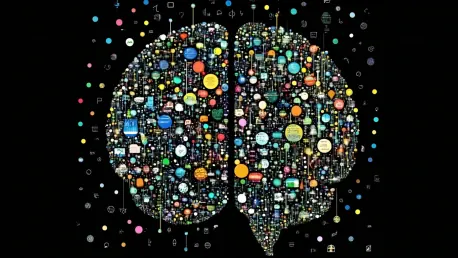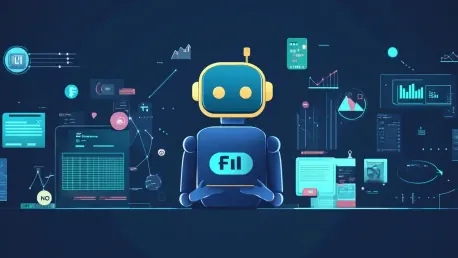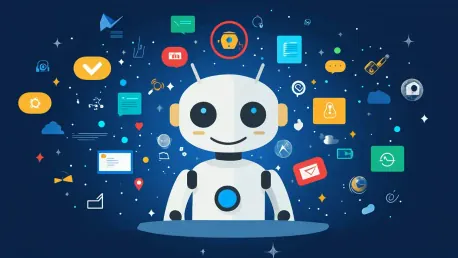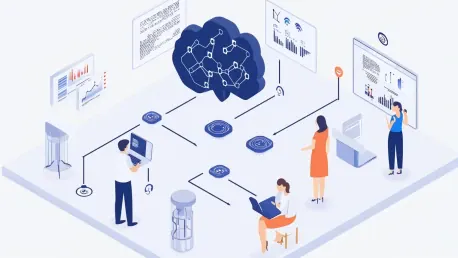
The intricate dynamics of how the human brain processes language stand as one of the most fascinating areas of neuroscience. A groundbreaking study by neuroscientists from MIT reveals that artificial languages, also known as conlangs, engage the brain in ways similar to natural languages. This

Chloe Maraina is passionate about creating compelling visual stories through the analysis of big data. She is a Business Intelligence expert with broad experience in data science and a vision for the future of data management and integration. In this interview, Chloe discusses the impact of AI on

Chloe Maraina is passionate about creating compelling visual stories through the analysis of big data. She is our Business Intelligence expert with an aptitude for data science and a vision for the future of data management and integration. Today, she provides insight into the role of AI in

Natural Language Processing (NLP) is revolutionizing the fintech industry by significantly enhancing the capabilities of chatbots, making them more intelligent, adaptive, and efficient. These advancements range from interpreting complex user queries to facilitating cryptocurrency transactions,

Chloe Maraina is passionate about creating compelling visual stories through the analysis of big data. She is our Business Intelligence expert with an aptitude for data science and a vision for the future of data management and integration. Today, we'll discuss the partnership between Smarter

Enhancing the reasoning capabilities of large language models (LLMs) has been a major challenge in artificial intelligence. CODI, or Continuous Chain-of-Thought via Self-Distillation, addresses this challenge by introducing an innovative framework to refine the Chain-of-Thought (CoT) reasoning